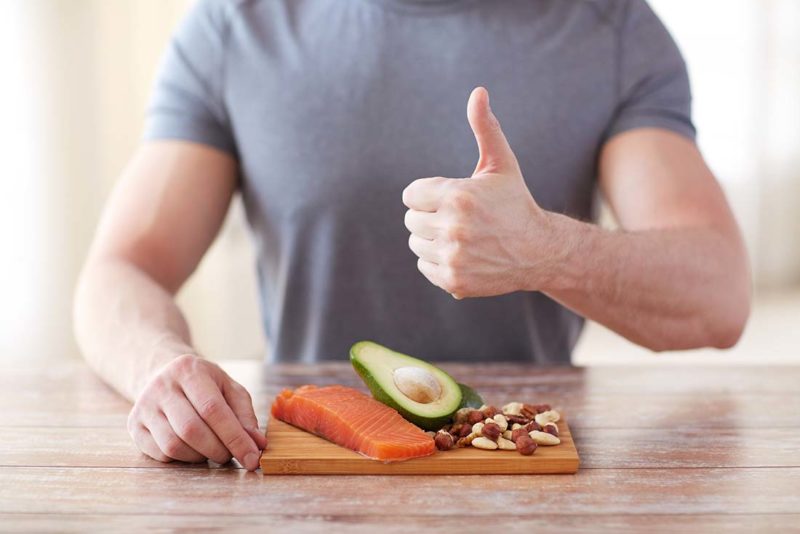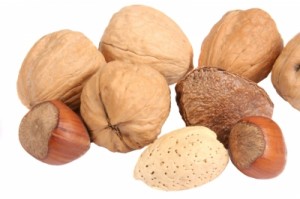Gaining muscle does not involve just going to the gym regularly and lifting heavy weights. That is one part of the equation – but an equally important part is making sure you have a good diet. A few pointers for a good muscle building diet are:
1. Eat protein, protein is the building block of muscles. If you eat enough protein with the right amount of carbohydrates and fats as well, you will be sure to gain muscle quickly. There are many good sources of protein like beef, chicken, salmon, tuna, and turkey – but make sure you get the organic, free-range or wild type so that you’re getting more quality nutrients. For instance, organic, grass-fed beef does not only taste better, it has a better nutritional profile than corn-fed beef from the feedlot. Free-range, organic chicken breast also packs a lot of protein with minimal fat and none of the harmful hormones you get from commercially grown chicken.
2. Make sure you are getting enough carbohydrates to restore your energy levels for the next workout. Contrary to popular belief, eating more carbohydrates will not give you massive gains. So throw out those weight-gainer shakes and stick to high-quality carbohydrate sources that provide low glycemic index carbs. You do, however, need to eat carbs along with protein post-workout to kickstart recovery. Having a banana or two after your workout is a great idea. Other good sources of carbohydrates are brown rice, oatmeal, sweet potatoes, and yams. Carbs are good, but you have to limit your intake to keep yourself from gaining fat too quickly. Here is an article detailing what
carbohydrates are all about.
3. Get enough fat to fill your daily caloric needs. Compared to protein and carbohydrates, which have four calories per gram, fat is more energy-dense at nine calories per gram. However, fat does not contribute as much to weight gain as carbohydrates do because it is digested in a different way and thus elicits a different response from the body. Also, fat actually contains a lot of vitamins and minerals, especially if it’s from wild
salmon or grass-fed beef. To add some more good fats, you should be taking a fish oil supplement and using olive oil for all your cooking needs. Nuts such as almonds, cashews and walnuts are also good sources of fat while providing a good amount of protein as well.
There is a lot of debate as to how the three macro nutrients should be allocated. For high-performance athletes who train a lot outside the gym, more carbohydrates are needed for optimal recovery. A 40% protein, 40% carbohydrate and 20% fat allocation would be good for these people.
For people who do not intend to compete, however, more fats and less carbohydrates will be better. A 40% protein, 20% carbohydrate, and 40% fat allocation would be great to ensure that the body only gets what it can use for energy.
There is also contention as to how many meals should be had each day. Many people believe in the six meals a day theory, but for the sake of convenience, eating five meals a day is better – breakfast, morning snack, lunch,
afternoon snack, and dinner should be a good set-up. One of these could be a post-workout meal. If not, just have a post-workout shake with a banana and try to get a good meal soon after.
Eating for gains is not that complicated – but it takes a lot of planning for it to work without causing you a lot of trouble preparing meals. Purchase all of the ingredients needed for you meals for the week. Allocate one night, usually Sunday night works well, and prepare and store your food for the week. If healthy food is available to you it will be much easier to stay on track.
Photo credit: Gualberto107, freedigitalphotos.net












